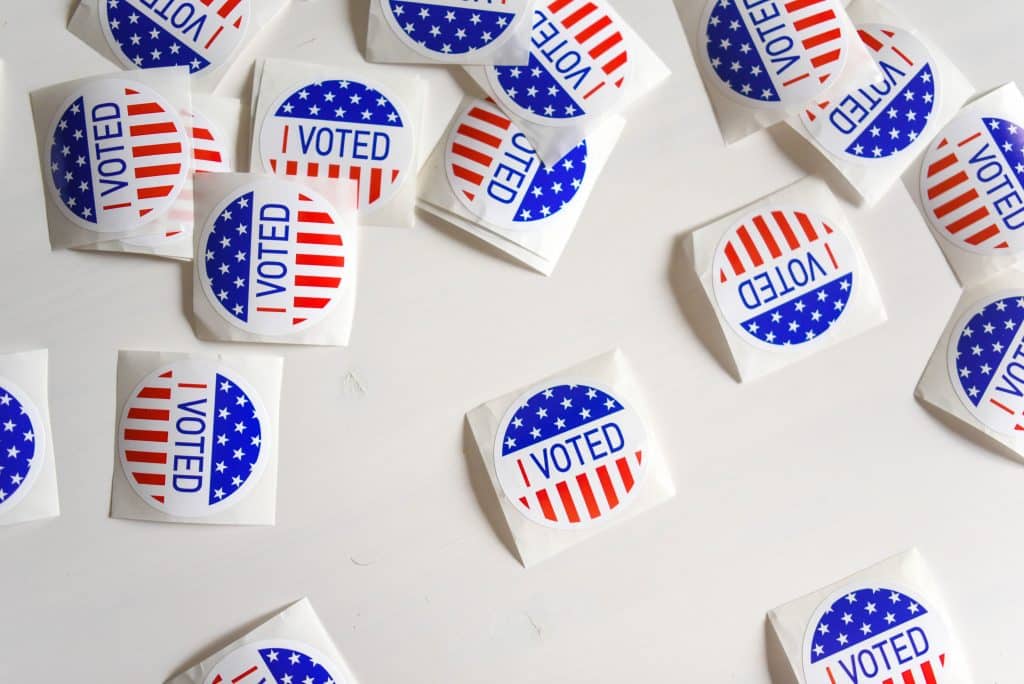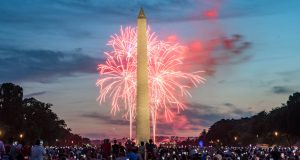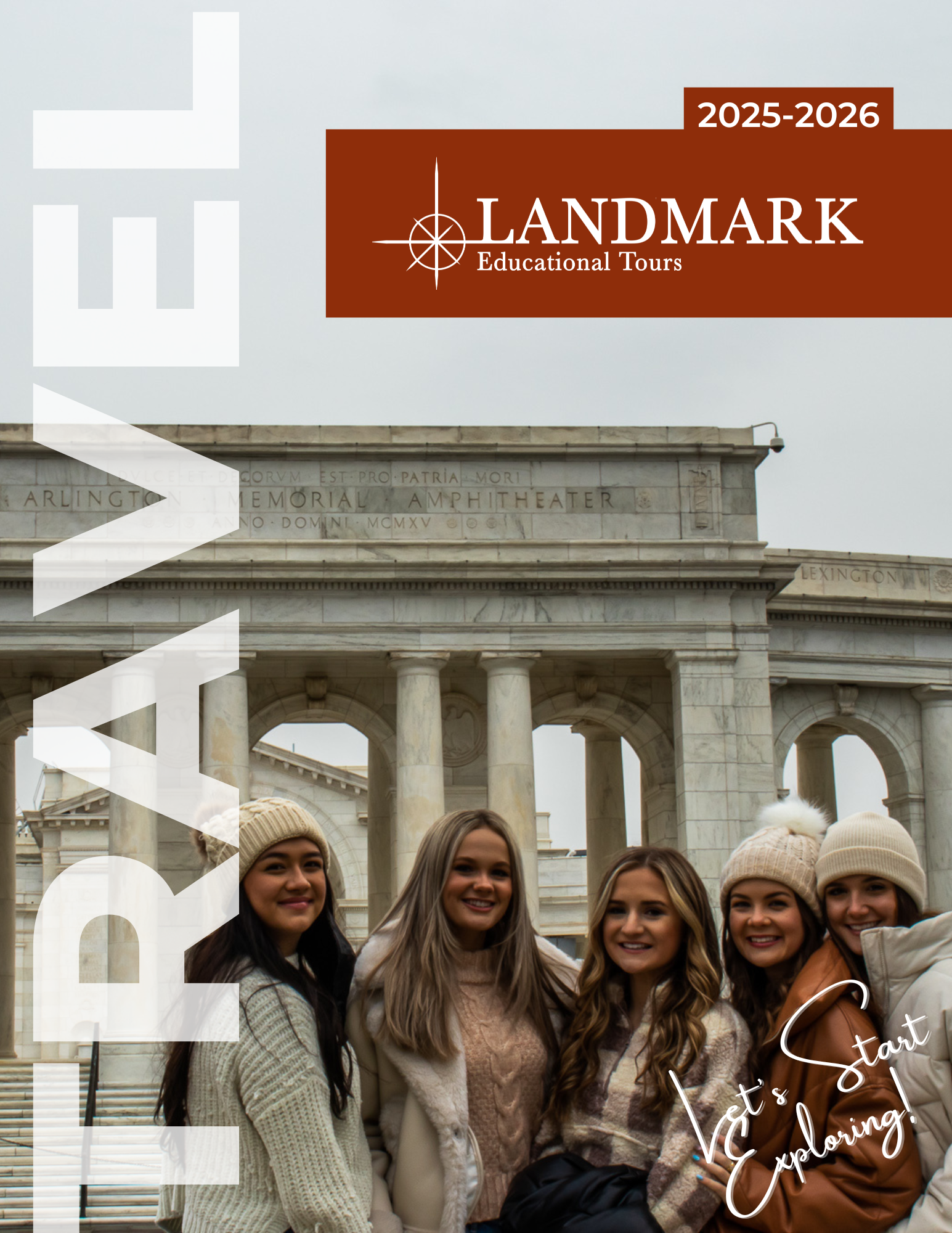The Power of Democracy: Understanding Election Day

Historical Roots of Election Day
Election Day in the United States is not just a modern tradition; it has deep historical roots that trace back to the very foundations of the nation. It is a day that carries the legacy of ancient democratic ideals and Enlightenment philosophies that have shaped the course of American democracy.
The roots of Election Day can be traced back to ancient Athens, Greece, where the concept of direct democracy emerged around the 5th century BCE. Athenian citizens gathered in assemblies to participate in decision-making, regardless of their social status. This early form of democracy laid the groundwork for the democratic principles that would later inspire the Founding Fathers of the United States.
Fast forward to the Enlightenment era in the 17th and 18th centuries, and we find the influence of thinkers like John Locke and Jean-Jacques Rousseau. Locke’s ideas about individual rights and the role of government resonated with the notion that citizens should have a say in shaping the laws and policies that govern them. Rousseau’s concept of the social contract emphasized that legitimate political authority arises from the consent of the governed. These Enlightenment ideals, deeply ingrained in the American psyche, laid the philosophical foundation for modern democracy and, by extension, for Election Day.
Mechanics of Democracy on Election Day
Election Day in the United States is not a mere formality but a meticulously structured process aimed at ensuring fairness, transparency, and the active participation of citizens.
Universal suffrage is a central tenet of American democracy. This means that all eligible citizens, regardless of gender, race, or social status, have the right to vote. Achieving this level of inclusivity was a hard-fought battle. The suffragette movement, which culminated in the 19th Amendment in 1920, extended voting rights to women. The Civil Rights Movement of the 1950s and 1960s fought against racial discrimination and led to the Voting Rights Act of 1965, which aimed to eliminate barriers to voting for African Americans.
The United States employs a federal system, which means that elections occur not only at the national level but also at state and local levels. While presidential elections every four years capture the nation’s attention, elections for state legislatures, governors, members of Congress, and various local positions are equally significant. Each level of government has its own set of rules and procedures, making the American electoral system complex and multifaceted.
The period leading up to Election Day is marked by rigorous political campaigns. Candidates from different parties present their policies and visions to the electorate, and political parties and advocacy groups engage in advertising and outreach to garner support. This process allows citizens to evaluate the qualifications and stances of candidates on critical issues, contributing to an informed electorate.
On Election Day itself, voters cast their ballots, choosing their preferred candidates. The system employed is often a winner-takes-all approach known as First-Past-The-Post. In this system, the candidate with the most votes in a given election district secures the seat. While this system has led to the dominance of a two-party system in the United States, it reflects the will of the voters in individual constituencies.
The Global Perspective
The United States is not alone in its practice of democracy, and Election Day is a shared global tradition. Democracy, though it takes on diverse forms, is grounded in common principles such as free and fair elections, the rule of law, and the protection of individual rights.
Comparative democracy reveals the diversity of democratic systems around the world. While the United States follows a presidential system, other democracies, such as the United Kingdom and Canada, adhere to parliamentary systems where the executive branch is derived from the legislature. These variations in governance highlight the adaptability of democratic principles to different historical and cultural contexts.
International oversight is a critical component of safeguarding the integrity of elections. International observers monitor elections, assess their fairness, and promote democratic standards. Their presence helps ensure that elections are free from irregularities and that the will of the people is accurately reflected.
However, Election Day is not without its challenges, and these challenges are not unique to the United States. Voter suppression, disinformation campaigns, and concerns about foreign interference are issues that democracies worldwide must grapple with. These challenges underscore the need for constant vigilance and concerted efforts to protect the integrity of the democratic process.
Impact of Election Day
Election Day in the United States is more than just a moment of civic duty; it is a pivotal event with far-reaching consequences that shape the nation’s policies, societal progress, and global relationships.
Election outcomes have the potential to lead to significant policy shifts. A change in leadership can result in alterations to healthcare, education, environmental regulations, foreign policy, taxation, and more. The policies and priorities of elected officials have a direct impact on the daily lives of citizens, making Election Day a crucial moment of decision-making.
Moreover, Election Day can serve as a catalyst for social movements. Throughout history, election results have often galvanized social progress and civil rights movements. For instance, the election of leaders sympathetic to civil rights causes played a vital role in advancing the Civil Rights Movement in the United States.
Election outcomes also have implications beyond national borders. Decisions made in the political arenas of major democracies can significantly impact foreign policies, trade agreements, and international relations. Election Day is a reminder that the choices made in one nation can have far-reaching consequences, affecting global stability and cooperation.
Civic Engagement and Responsibility
Election Day is not a passive event; it is a call to action for citizens to actively participate in the democratic process.
High voter turnout is essential for the health of a democracy. Encouraging citizens to participate in the electoral process is crucial for its vitality. Initiatives that promote voter registration, early voting, and absentee balloting aim to remove barriers to participation and ensure that all eligible citizens have their voices heard.
Engaging young voters is vital for the future of democracy. Civic education programs, outreach efforts, and initiatives that encourage youth to participate in the electoral process are crucial for shaping future leaders and informed citizens. Encouraging youth to see Election Day as an opportunity to shape their future is paramount.
Local elections and grassroots movements have a profound impact on communities. These elections can lead to meaningful change from the ground up. Participation in local politics allows citizens to address issues that directly affect their neighborhoods and cities, emphasizing the importance of civic engagement at all levels of government.
Recognizing the role of civic engagement and individual responsibility on Election Day underscores the idea that democracy is not a spectator sport but an active partnership between citizens and their government.
The Future of Election Day
Election Day, like democracy itself, is not static; it is evolving to adapt to changing times and technological advancements.
Technology is revolutionizing the way elections are conducted. Concepts like online voting, electronic ballot counting, and blockchain-based systems promise increased efficiency, accessibility, and accuracy in the electoral process. However, these innovations also raise cybersecurity concerns that must be addressed to maintain the integrity of elections.
Environmental concerns are gaining prominence in the context of Election Day. The production of paper ballots, the energy consumed in the voting process, and the waste generated contribute to the environmental footprint of elections. Sustainable election practices, such as reducing paper waste and energy consumption, are gaining importance as nations seek to balance the democratic process with environmental stewardship.
Emerging democratic innovations are redefining the possibilities for citizen engagement. Concepts like citizen assemblies, participatory budgeting, and deliberative democracy aim to enhance and innovate the democratic process, making it more representative and responsive to the needs of the people. These innovations reflect the ongoing commitment to ensuring that Election Day remains a vibrant and meaningful expression of democracy.
In conclusion, Election Day is not just a date on the calendar; it is a culmination of centuries of democratic thought and struggle. It is a day that signifies the power of citizens to shape their own destiny, hold their leaders accountable, and actively participate in the governance of their nation. Understanding the significance, history, mechanics, global impact, and future evolution of Election Day allows us to appreciate its profound role in the democratic process—a day when the collective will of the people is manifested.

Educational Benefits of Travel for Students
Explore educational benefits of travel for students, including cultural awareness, academic growth, personal development, and lifelong skills.

Washington DC 4th of July Celebration
Experience the excitement of Washington DC 4th of July celebration, featuring fireworks, parades, concerts, and patriotic festivities.

Arlington National Cemetery Tour
Discover history, honor heroes, and experience solemn traditions on an Arlington National Cemetery tour, a meaningful visit for all ages.


